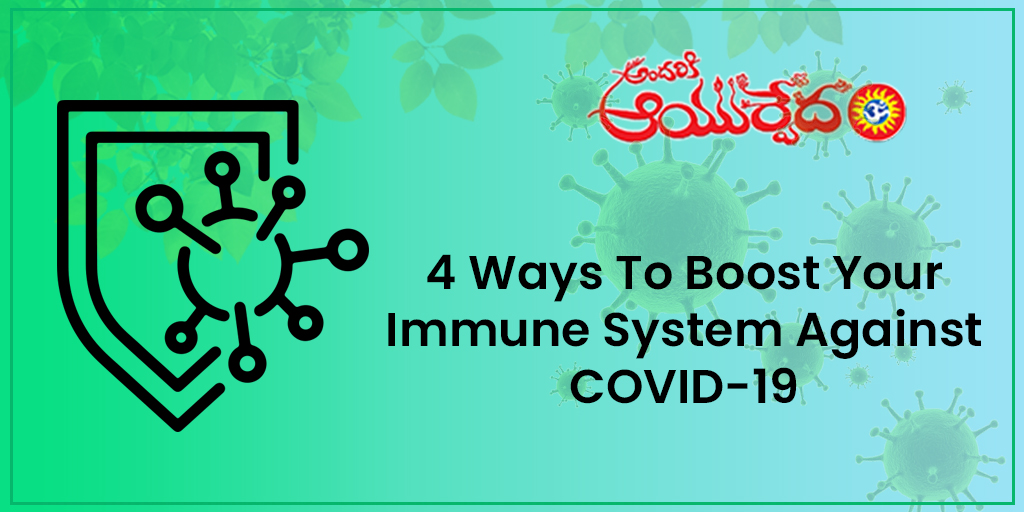As the monsoon brings in some peace from the blazing heat, it also brings along the risk of numerous diseases. Monsoon is also the season for vulnerable digestive systems and there are imbalances in mind and body too. Prevention is the solution under any circumstances and to make this possible, it becomes quite necessary to boost your immunity system. When your immunity power is enhanced, you can restrain diseases from getting transmitted.
Here are a few ways that you can boost your immune system
Follow bath rituals to keep your body clean and nourished
You need to keep the body clean and nourished as it helps in boosting the immunity power. Taking hot water baths during monsoon helps in curbing the Vata dosha. Regular oil massages can also help in improving blood circulation. These oil massages can eliminate skin infections to a larger extent. Maintaining cleanliness can also be a great benefit to the immune system.
Try avoiding foods that have high water content:
During the monsoon, it is best to avoid foods that are high in water content such as watermelon, tomato, cucumber as they tend to cause swelling in the body. You need to take foods that boost your immune system like corn, oats, chickpea, brown rice etc. Try avoiding foods such as lime and tamarind that increases water retention.
Include anti-inflammatory foods in your diet
Anti-inflammatory foods helps in fighting oxidative decay and also helps in slowing down the process of aging. These foods can boost your immune system and are good especially in the rainy season, when your chances of falling sick are higher. You need to eat lots of these foods so that they can keep your immunity levels strong. Anti-inflammatory foods include green leafy vegetables, walnuts, turmeric, berries, and coconut oil. These foods are also helpful in keeping off infection, thyroid problems, and heart disease.
Have seasonal fruits throughout monsoon
When you eat seasonal fruits, they always help you get the maximum nutrition from them. Monsoon seasonal fruits include cranberries, custard apple, pears, peaches and dragon fruit. Papaya and Banana also are good choices as they are high in fiber. You need to pick fruits that have low water content and that are rich in fiber.
Practice Pranayama
Practicing certain breathing exercises may help in strengthening the immune response and help cleansing the physical body. As you practice Pranayama, it could help develop control over the body and then revitalize the pranic energy. In this therapy, alternate nostril breathing with a good posture helps regulate flow of air, thus calming effect that can be regenerated. This breathing technique may help in the enhancement of metabolic ratio and provide natural resistance to the immune system.
Detoxify Yourselves
As per the Ayurveda, undigested food can result in sedimentation of toxins and could the primary reason for many diseases. One should detoxify so that the toxins from the body are removed. The whole process of detoxifying involves including a lot of deep coloured vegetables, herbs in your diet plan that help in accelerating the total process. Apart from the right kind of foods, 7 to 9 hours of sleep per night in a dark, noiseless environment is also essential for an improved detoxification process.
Apart from the above-mentioned ways, we would like to recommend our newly launched immunity kit for enhancing immunity. The immunity kit can be brought online.









